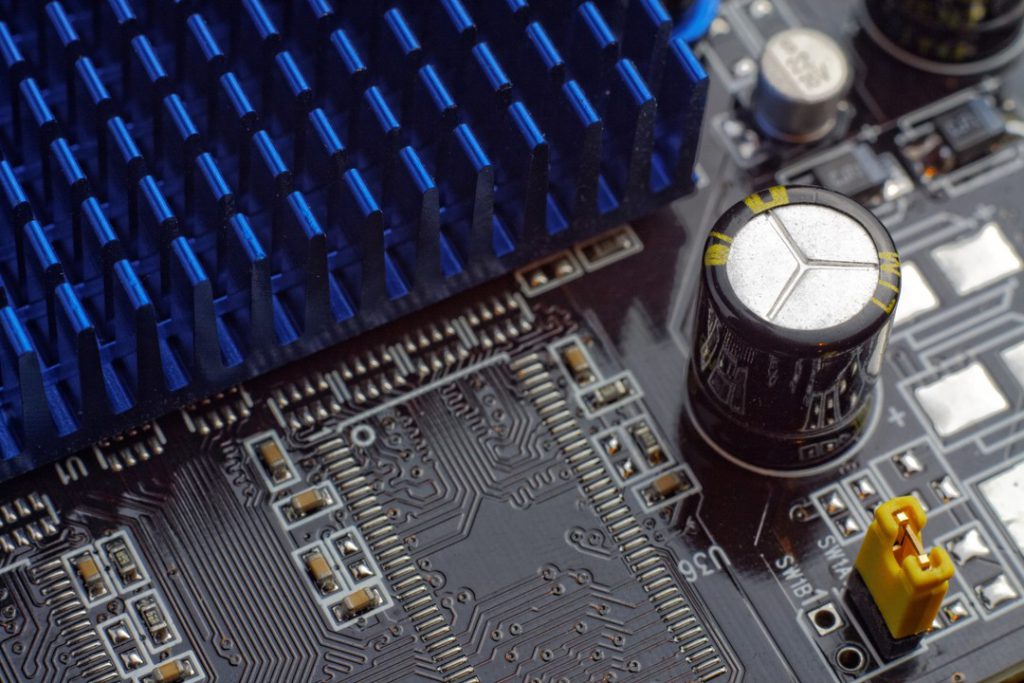
Note: This is a continuation of last week’s thoughts The easiest difference to see between industrial and consumer electronics is the price-performance ratio. While PLCs typically still cost thousands of USD, small PCs, like the Raspberry Pi, are only $35 and can outperform PLCs by 10 to 1 (using easily compared specs, like memory). The first argument against this comparison is always about the rugged nature of industrial electronics, so let’s explore that. First, let’s do a quick sanity check. There’s certainly a cost associated with preparing electronics for the rigors of industry, but surely that cost isn’t 100 times base price ($3500 vs $35). How much sounds reasonable? Two times? Five times? Where the extra price tag comes from is up for debate.
Second, there are many examples of rugged consumer electronics. Smartphones, for example, are commonly waterproof and some of them even handle drops onto pavement without damage. If we ignore cracking glass on the display, most smartphones take a remarkable amount of abuse before failing. The life of the average portable is much harder than that of the average PLC. Other factors, such as temperature range and EMC play a role, but I think that’s unlikely to be an issue here either. Consumer and automotive grade electronics have come a long way since PLCs were first introduced, and are likely to have many quality offerings to the industrial market at affordable prices. When SpaceX reinvented the commercial rocket industry in the mid-2000s, they found exactly that. They build many of their own electronics using consumer grade parts (frequently spending 1/100th of the industry norm), and have clearly demonstrated that these components can be “space grade.” If SpaceX can do that in rockets, why can’t we do that in PLCs? I know I’m making some loud claims. Leave me a comment and let me know if you agree or disagree.

About the Author
Jon is an engineer, entrepreneur, and teacher. His passion is creating and improving the systems that enhance human life, from automating repetitive tasks to empowering people in their careers. In his spare time, Jon enjoys engineering biological systems in his yard (gardening).










Admiring the hard work you put into your blog and detailed
information you present. It’s awesome to come across a blog every once in a while
that isn’t the same unwanted rehashed information. Great
read! I’ve saved your site and I’m including your RSS feeds to my Google account.